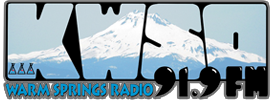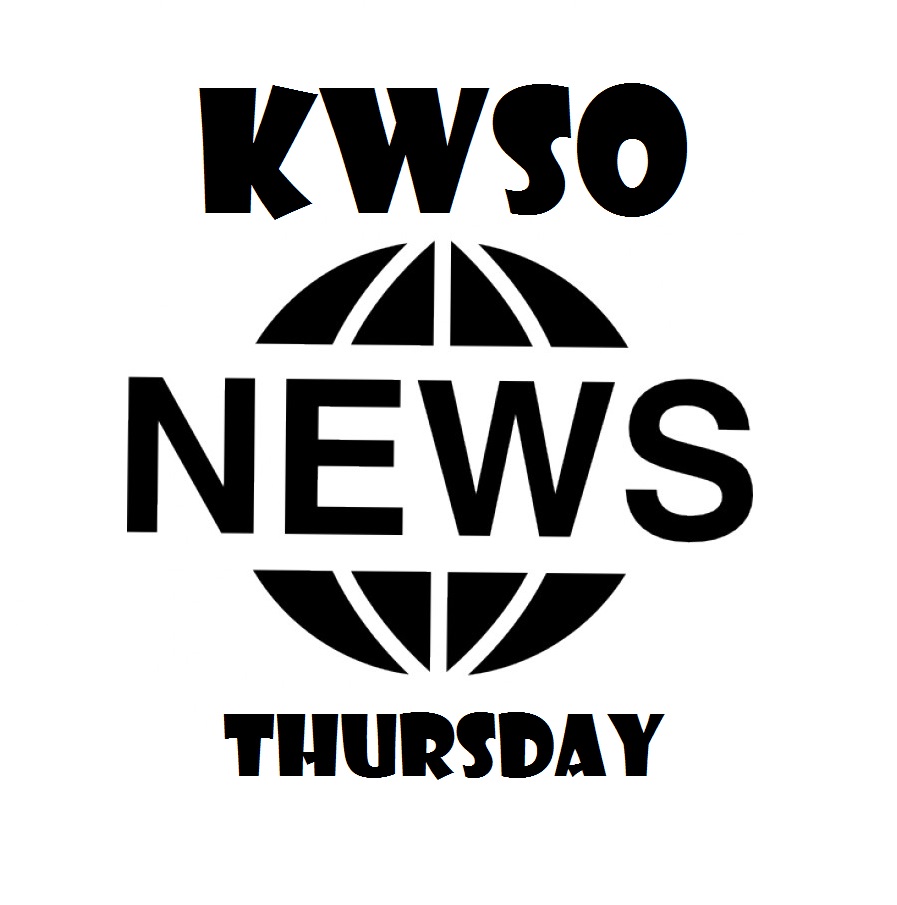Local News
News Stories for Thu., Jun. 15, 2017
The Columbia River Inter-Tribal Fish Commission issued a statement yesterday on the proposed railroad expansion along the Columbia River, saying it would have unacceptable effects on tribal treaty fishing rights. And, that was the message delivered this week by the Columbia River Gorge Commission when it voted to uphold Wasco County’s denial of Union Pacific’s proposed riverside track expansion along the Columbia River near Mosier. The Warm Springs, Umatilla, Yakama and Nez Perce tribes have strongly opposed new or expanded fossil fuel transport and expansion projects throughout the Columbia River basin. The tribes have asserted in multiple venues that these projects place unacceptable risks on the tribal treaty fishery, endanger the communities along the Columbia River and violate tribal treaty rights. “These actions demonstrate that treaty rights matter in the decisions being made throughout the Columbia River Gorge,” said Leland Bill Chairman of Columbia River Inter-Tribal Fish Commission. Austin Green, CTWS TC Chairman stated, “Tribal members have a right to access the Columbia River to exercise their treaty fishing rights in a safe manner,” he added that “The Gorge Commission has done the right thing.” The proposed Union Pacific rail expansion near Mosier, Oregon was originally denied a permit by Wasco County late last year. That decision was then appealed to the Columbia River Gorge Commission.
A $2.5 million federal grant awarded to Washington State University researchers will support the university’s efforts to increase indigenous student participation in the STEM fields. ISTEM, a university project to raise the interest of Pacific Northwest Plateau tribes in STEM-related majors, will receive a four-year grant from the National Science Foundation in September. The tribes taking part in this program are the Confederated Tribes of Warm Springs, the Confederated Tribes of the Colville Reservation in Washington, and the Coeur D’Alene Tribe in Idaho. Paula Groves Price, an associate professor in the College of Education, has been working on the program since it began. One problem she says she has seen is approaching science solely from the perspective of Western science rather than taking into account indigenous knowledge systems.” The Plateau Peoples’ Web Portal, a collaboration between WSU and the participating tribes of the program, as well as other tribes, is a website of cultural materials ISTEM passes down to teachers to help further educate students on the cultural value of their tribe, according to the portal’s webpage. With the new grant funding, the main focus of the program this year and beyond is to get Native American students between grades four and nine energized about STEM fields, Price said.
Zone 6 platform and hook & line fishing is open for subsistence use or sales. These fish may be sold or kept for subsistence use. The season is 6 am, Friday through July 31st. The open area is all of Zone 6. The commercial summer gillnet season is now open and has two periods. They are 6 am, Monday, June 19th through 6 pm, Thursday, June 22nd and again June 26th through June 29th. The open area is all of Zone 6. Standard river mouth and dam closed areas applicable to gillnets are in effect except for the Spring Creek National Fish Hatchery sanctuary. Fish may be sold after the period ends if caught during the open period.

